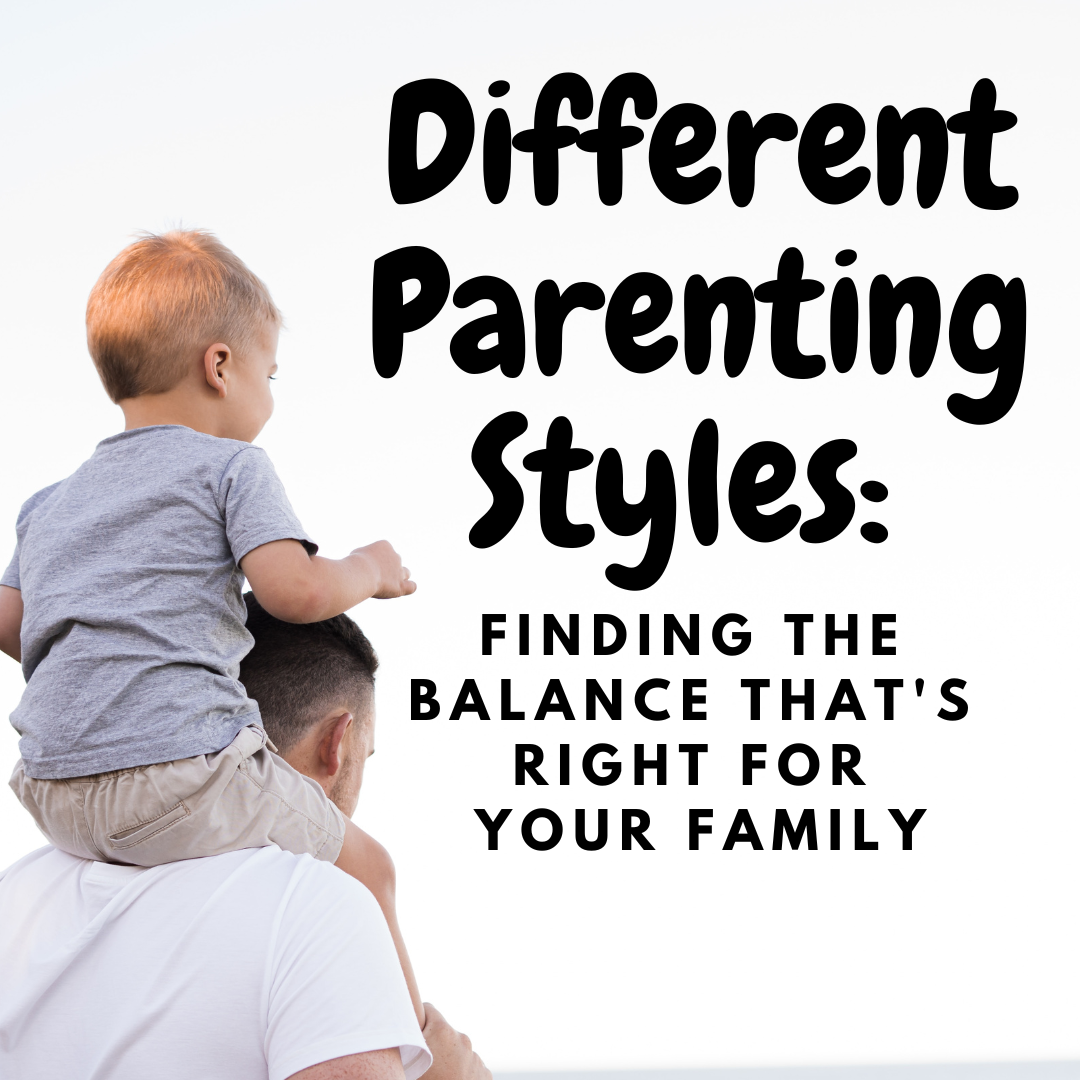|
Parenting is a complex and often challenging journey, with no one-size-fits-all approach. Every child is unique, and what works for one family may not work for another. Over the years, several distinct parenting styles have been identified, each with its pros and cons. In this blog post, we'll delve into the four main parenting styles – authoritarian, authoritative, permissive, and uninvolved – and discuss their pros and cons to help you find the right balance for your family. Authoritarian ParentingAuthoritarian parents are strict disciplinarians who value obedience and adherence to rules. They often use punishments and rewards to control their children's behavior and expect them to follow rules without questioning.
Authoritative ParentingAuthoritative parents strike a balance between being strict and nurturing. They set high expectations for their children but also provide support and guidance. They encourage open communication and are willing to explain the reasons behind rules and expectations.
Permissive ParentingPermissive parents are indulgent and lenient, often giving in to their children's desires and demands. They avoid confrontation and may have few rules and expectations for their children.
Uninvolved ParentingUninvolved parents are often disengaged and detached from their children's lives. They provide little guidance, support, or emotional connection and may be neglectful of their children's basic needs.
Finding the Right Balance for Your FamilyEach parenting style has its pros and cons, and the best approach for your family will depend on your individual values, beliefs, and circumstances. As a parent, it's essential to reflect on your parenting style and consider how it may be impacting your child's development and well-being.
Here are some tips to help you find the right balance:
0 Comments
Your comment will be posted after it is approved.
Leave a Reply. |
AuthorKat is a wife (of over 20 years) and mother of 4! She is a work from home, homeschooling, tea loving busy girl. Archives
May 2023
|

 RSS Feed
RSS Feed